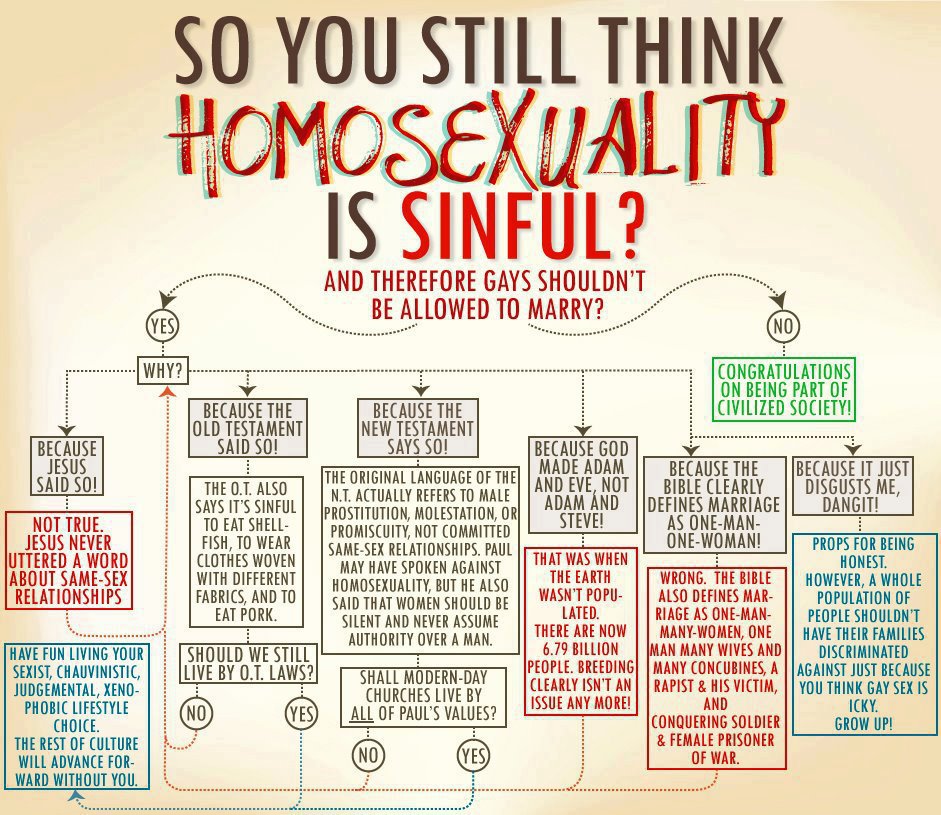Ivellious wrote:So, if I understood that correctly, there are certain parts of the NT that certain denominations take issue with to some degree? That would seem a little confusing and I would think that in this day and age determining which parts may have been added later might be difficult, and open to interpretation/subjectivity. I mean, clearly if Bibles are still being printed with these interpolated passages intact, that appears to show that some people find them canonical regardless. In that case, anyone who isn't a biblical scholar (like myself) might find it difficult to pick out parts that aren't necessarily accepted my different branches of Christianity.
Is this part of how different denominations get slightly different versions of the Bible? Do some pull out these interpolated verses and some don't?
No one ever said theology was easy! (Or if they did, they should be smacked. Hard. Repeatedly. Until the repent.

)
But seriously, most interpolations aren't a big deal, theologically speaking. Some create big debate, but even then only among a minority of Christians. So you have your snake handlers who get their doctrine from the longer ending of Mark's Gospel (probably not original). A very few hyper legalistic churches take 1 Cor 14:34-35 to deny women the right to speak at all in the church assembly. But for the most part, even those people who accept those passages as canonical don't agree with those conclusions (so see the alternative understanding of 1 Cor 14:34-35 cheezerox offered above).
So in one sense, the fact that some interpolations are still found in modern NT texts can make your job more difficult. But take heart. It makes mine more difficult, too! On the other hand, it doesn't really, because the issue isn't as it seems--it isn't a problem of figuring out which texts are to be believed. The issue is really far more about the old, thoroughly discussed issue of subjectivity in interpretation. If you can get a good, objective interpretation of 80% of the NT text, then even if you aren't aware of the interpolations and regard them as authoritative, you won't find much, if any, real theological disagreement with the main and widely accepted doctrines of the faith--what Lewis called Mere Christianity.
I'm not trying to downplay the importance of getting these things right. Again, some of them are important. Whether or not women can speak in church is affected by how one reads 1 Cor 14:34-35! But important is just that--important. And important is on a scale. Even if we accepted 1 Cor 14:34-35 as canonical (original or not), I would put it much lower on the list than other important issues.
Just trying to offer some perspective is all!

